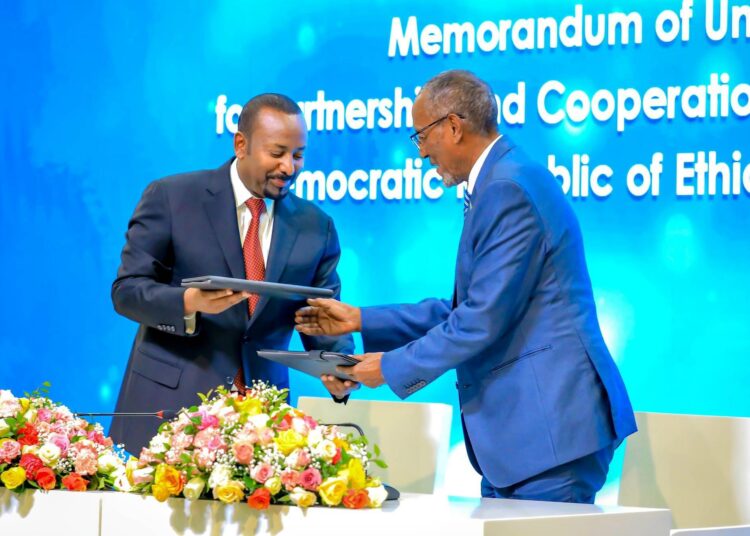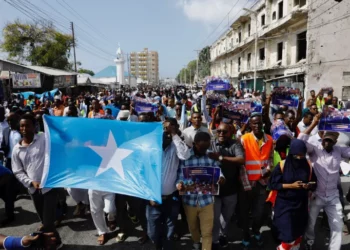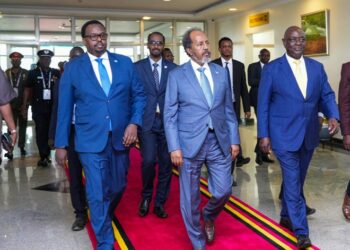Ethiopia has signed an MoU with the self-declared Republic of Somaliland, significantly altering the geopolitical dynamics of the Horn of Africa. Orchestrated by Ethiopian Prime Minister Abiy Ahmed and Somaliland President Muse Bihi Abdi in Addis Ababa, the agreement seeks to grant landlocked Ethiopia, with over 100 million inhabitants, access to the sea, diversifying its reliance on Djibouti since Eritrea’s secession in the early 1990s.
Under the MoU, Ethiopia will recognize the independence of Somaliland, which declared autonomy from Somalia in 1991 but has not gained widespread international acknowledgment. In return, Ethiopia receives 20km sea access for its Naval forces, leased for 50 years, along with a military base on the Red Sea, bolstering its strategic regional presence. Additionally, Somaliland gains a stake in state-owned Ethiopian Airlines, fostering deeper economic ties. The Ethiopian Prime Minister’s office touts the agreement as a diplomatic triumph, promising a new era of cooperation and regional integration while committing to peaceful diplomacy despite regional apprehensions.
The MoU sets the stage for a formal treaty and is seen as a ‘game-changer’ by Somaliland officials. However, it has sparked intense reactions within Somalia. Former President Mohamed Abdullahi Farmajo condemned the deal for violating Somalia’s sovereignty and urged unity to protect national interests. Abdirizak Omar Mohamed and Abdikarim Hussein Guled, prominent Somali officials, echoed the sentiment, viewing Ethiopia’s actions as a threat to Somali territorial integrity and regional stability. Abdirahman Abdishakur and former Prime Minister Omar Sharmarke also criticized the agreement, accusing Ethiopia of violating Somali sovereignty. Researcher Abdirashid Hashi even deemed it a declaration of war on Somalia.
The MoU has not only ignited a firestorm of reactions from Somali politicians and thinkers but also raised concerns about regional stability, with some predicting a political crisis in the Horn of Africa. The deal’s timing, just after progress in Somalia-Somaliland talks in Djibouti, underscores shifting dynamics and the quest for strategic partnerships in the region. Al-Shabaab, the militant group, has also rejected the agreement, threatening violence and accusing Somali authorities of facilitating it. This agreement, while aiming to address Ethiopia’s economic constraints and Somaliland’s quest for recognition, brings to the fore the delicate balance of sovereignty, regional aspirations, and stability in the Horn of Africa.














